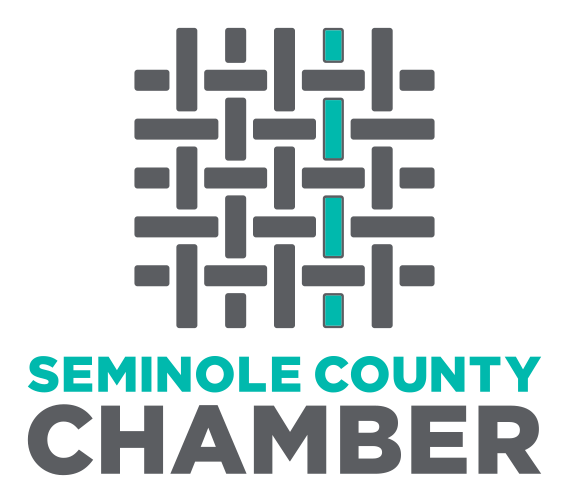When a person passes away, you may find yourself in a situation where the deceased person (Decedent) owns a piece of property and the heirs of that person want to sell it. The heirs oftentimes hire an agent, list the property, get a contract, deposit escrow, schedule inspections, and then realize that the title company is requiring a probate as a B(I) Requirement on the Title Commitment. This is because the property is still in the name of the Decedent, and there has not been a legal devise out of the Estate. The title company needs to know who the owner of the property is as a prerequisite to closing the transaction because they need to know who can legally sign the closing documents.
In short, a requirement for Probate means that the Decedent’s assets and debts need to be located and accounted for, and any remainder needs to be distributed to the beneficiary(ies). Further, the exact beneficiaries need to be determined because it will depend on whether any Trusts/Wills/Enhanced Life Estate Deeds/Pre-Nuptial/Post-Nuptial Agreements or other Estate Planning documents are available for the Decedent, or whether the Decedent died “Intestate” (without a will). There are two main types of probate administration under Florida law that you will run into as a real estate agent: Formal Administration and Summary Administration.
FORMAL ADMINISTRATION
A Formal Administration is required when the assets of a deceased person are valued at $75,000.00 or more and the Decedent has been dead for less than two (2) years. Most clients will fall into this category because (1) the value of the property pushes them past the $75,000.00 threshold, and (2) the heirs want to sell the property within two years following the death of the Decedent. This is a “full” probate and could take more than six (6) months to complete. This is the most complex form of probate, and it will be the costliest. Clients will always ask how much a Probate is going to cost. To answer this, see Florida Statute § 733.6171(3):
“[C]ompensation for ordinary services of attorneys in a formal estate administration is presumed to be reasonable if based on the compensable value of the estate, which is the inventory value of the probate estate assets and the income earned by the estate during the administration as provided in the following schedule:
Read more...
The Orlando Law Group
-
Jennifer Englert Schmitt President
- July 18, 2023
- (407) 512-4394
- Send Email



